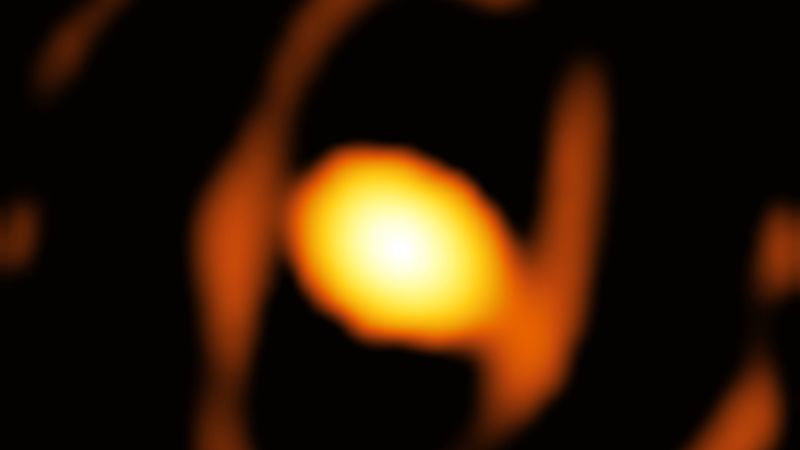
Geostationary
Geostationary refers to an object, usually a satellite, that orbits the Earth at the same rate as the Earth's rotation, which allows it to remain in a fixed position relative to a point on the Earth's surface. This orbit is achieved at an altitude of approximately 36,000 kilometers above the Earth's equator. Geostationary satellites are commonly used for telecommunications, weather monitoring, and navigation. Due to their fixed position, they provide continuous coverage of a specific region on the Earth's surface. However, the high altitude of geostationary orbit results in a delay in signal transmission, which can be problematic for certain applications.
Your Previous Searches
Random Picks
- Muscle And Bone Loss: Muscle and bone loss is a common physiological response experienced by astronauts during spaceflight due to the absence of gravity. In microgravity, the body no longer needs to support its own weight, leading to a decrease in mechanical loa ... Read More >>
- Circular Path: In space and astronautical engineering, a circular path refers to the trajectory of an object that moves in a circular orbit around a central body, such as a planet or a moon. The circular path is a result of the balance between the gravita ... Read More >>
- Spacecraft Monitoring: Spacecraft Monitoring is the process of observing and analyzing the performance and health of a spacecraft during its mission. It involves the use of various sensors and instruments to collect data on the spacecraft's systems, including its ... Read More >>
Top News

First close-up image of a star beyond our galaxy may reveal impending supernova...
Astronomers have taken the first close-up image of a star beyond our galaxy, and it’s a “monster star” surrounded by a cocoon as it slowly dies....
News Source: CNN on 2024-11-21

Bestselling author explains the science of happiness: "You can do the work"...
Bestselling author and Harvard professor Arthur Brooks opens up about how enjoyment, satisfaction and meaning in life can increase a person's wellbeing....
News Source: CBS News on 2024-11-18

November's full moon, known as the Beaver Moon, is the last supermoon of 2024. H...
November's full moon, known as the Beaver Moon, is the last supermoon of 2024. Here's when it peaks and why it's called the Beaver Moon....
News Source: CBS News on 2024-11-15

You can't put a price on the sense of awe particle physics inspires...
Astronomy and particle physics are no longer seen as vital by the US establishment, so funding has fallen. But our work creates a sense of wonder, and wonder matters, says Chanda Prescod-Weinstein...
News Source: New Scientist on 2024-11-13

If you want to stretch your gift game into days this holiday, check out these ad...
The advent calendar phenomenon is growing every year, with so many exciting, fun, beautiful, and delicious options available...
News Source: ABC News on 2024-11-04